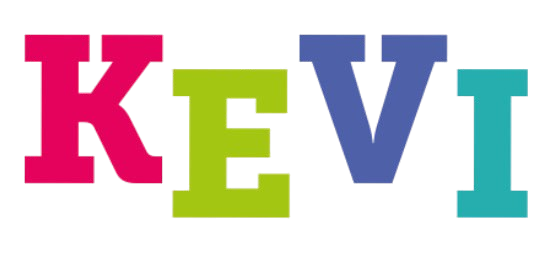Unit 1: Meeting nutritional needs of specific groups
Through this unit, you will gain an understanding of how to identify hazards and minimise risks when producing food to meet the nutritional needs of specific groups. You will learn about different types of nutrients and how those are used by the body to ensure you can plan a balanced nutritious diet. You will develop skills for preparing, cooking and presenting nutritious dishes that meet specific needs.
This unit is both internally and externally assessed. Both assessments will provide an overall grade for the unit.
Unit 2: Ensuring that food is safe to eat
Learners will develop an understanding of hazards and risks in relation to the storage, preparation and cooking of food in different environments and the control measures needed to minimise these risks. From this understanding, learners will be able to recommend the control measures that need to be in place, in different environments, to ensure that food is safe to eat.
Unit 3: Experimenting to solve food production problems
The aim of this unit is for learners to use their understanding of the properties of food in order to plan and carry out experiments. The results of the experiments will be used to propose options to solve food production problems.
Assessment
Year 1: 90 minute examination; plus 15 minutes reading time (50% of final grade)
9 ½ hour internal coursework task: (50% of final grade)
Year 2: 12 hour internal assessment:food investigation (50% of final grade)
External assessment: assignment under exam conditions (50% of final grade)
Progression Information: Subjects that complement Food Science and nutrition are Applied Science, PE, Health and Social care, Business, Psychology and Sociology. Students go on to study nutrition, human nutrition, product design, hospitality, public health and dietetics.
Subject Leader:Mrs M Gray
Syllabus: WJEC
Course Specification: 601/4553/5
Qualification: Level 3 Diploma

